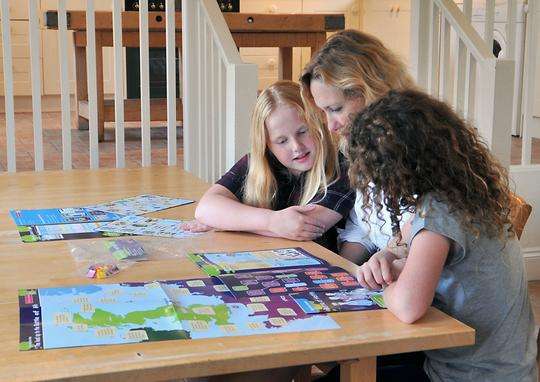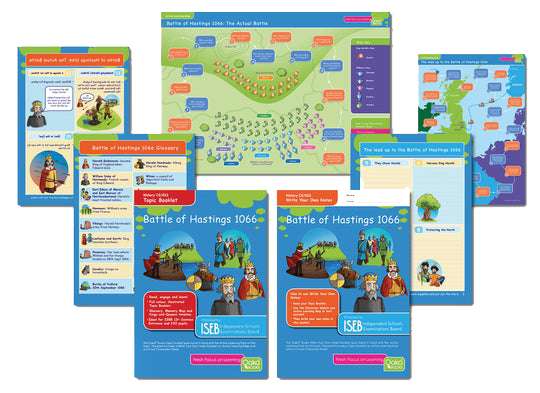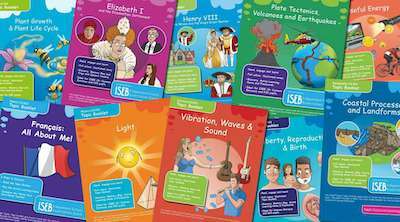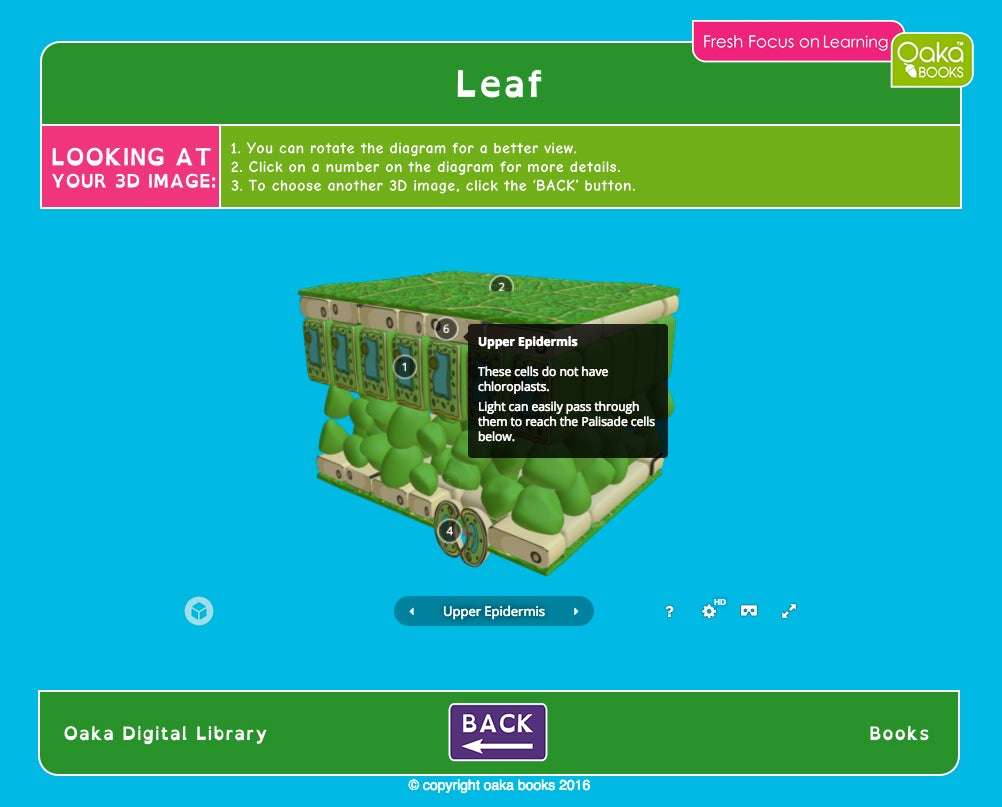As well as learning styles, which we talk a lot about on the blog, there are learning stages. These different frameworks try to explain how we learn and how we can make the most of the process for the best results. In children it is especially important so that we can create the best teaching methods and practices, the best environment and the best support.
The four stages of competence model looks at how we relate to our learning when doing something new, when gaining competence in a skill. That skill could be anything from learning to ride a bike to computer programming, cooking or learning information for exams.
- Unconscious incompetence
- Conscious incompetence
- Conscious competence
- Unconscious competence
You can see how each stage builds on the one before and how one element – either consciousness or competence – changes each time.
At stage one, unconscious incompetence, you don’t know you can’t do something. This might be because you don’t know the skill even exists to be mastered. You have to recognise the challenge is there, that it is important to master, and that you don’t know how.
The trickiest stage where the real work happens is in conscious incompetence. You aren’t good at it – and you know it. You make a lot of mistakes and must concentrate very hard. It is frustrating and easy to give up on and feel disillusioned.
If a child gives up at this point it can give them a lasting feeling that they are simply not good at the skill, that it is impossible. Many adults carry such beliefs, like thinking we are just bad at maths or languages. When in fact it is a stage everyone faces in learning something new.
In the third stage you have reached competence but it is something you have to be actively thinking about in order to do. The fourth stage is true mastery, where the practice of it feels like second nature and you don’t have to think too much about it.
As adults it is easy to recall these stages when we think about learning to drive or touch type, dealing with new technology or new skills at work. For children this is a constant and ongoing state of being. Teachers, parents, schools and everyone supporting children need to think about how they can help encourage the child through the stages, particularly the tricky second stage.





